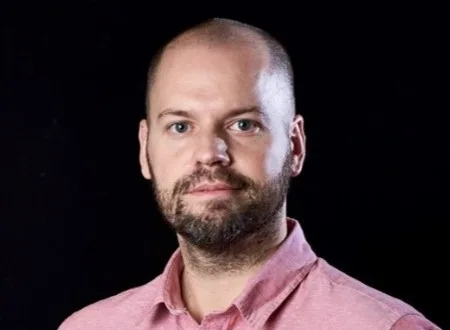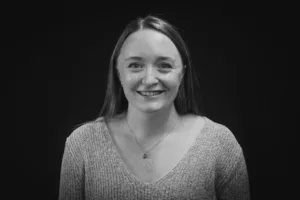New Digital Age (NDA), in association with LiveRamp, is spotlighting the men and women championing a data-led revolution in the marketing industry. ‘Meet the Revolutionaries’ focuses on the efforts of the industry executives helping to push digital marketing into a new era of data collaboration.
Here, Richard Bettinson, Senior Director of Media insight, Strategy and Planning at Hilton, explains why managing internal politics can be a key component of any innovation project…
Tell me about your current role and how your career led you here.
My whole career has been in media and, to an extent, digital marketing, across a range of sectors.
I started off working agency-side on the digital media for a range of broadcast and telco clients. I really enjoyed the fact that digital marketing was more accountable than offline channels. I then moved to a client-sde position in the telco space which was a great learning experience as the company revised its entire marketing strategy during my time there to become much more branding focused.
I then moved into brand marketing in the gaming sector, working for Electronics Arts. They had collated a lot of first-party data and working out how best to leverage that data became a key part of my role. That was a really interesting time for me and it gave me the chance to work internationally, including a few years based in Geneva, Switzerland.
Travelling has always been a passion of mine, so when the opportunity came up to join Hilton, I was delighted. My role here is broader than anything I’ve done before. We look after media, which includes lots of very different types of campaigns across multiple geographies and territories. Hilton has 19 different brands in EMEA and the number of brands we operate globally is increasing.
The second part of my role is managing our marketing insights capabilities, enhancing our ability to understand new and existing customers, to segment audiences, to build audience personas and so on. My role also covers brand tracking, what consumers feel about our brand and our competitors and how that changes over time. I also have responsibility for overall marketing effectiveness, which involves managing KPI frameworks, our attribution modelling and the balance of our marketing mix. It’s a great role and a fantastic company to work for.
Can you give examples of times when you have driven innovation?
Probably the main examples have been times I’ve led on bringing elements of media in-house and re-organising components of our strategy around that. Also, building out the Insights function that I mentioned earlier.
But there are also more frequent, smaller examples happening all the time around how our creative and media teams can work together more closely. Innovation means so many different things to different people but, in terms of actually driving that change, there are always some common themes.
For example, when you start a new role, you want to drive change immediately and show that you are making an impact. However, you can’t just drop in and say “You’re doing this wrong and this is how you should be doing it!” I’ve been guilty of that in the past but, as I’ve matured, I’ve realised you have to move a bit more carefully and listen more. Also, when you are dealing with senior players in an organisation, simplify, don’t complicate, or the point you are hoping to make can be lost.
Another big thing is leveraging insight within the business, which is key to driving any innovation and making the case for change.
What are the most common challenges to innovation?
The first one, is not fully understanding the commercial side of the business, and the impact of any proposed change on those numbers. People higher up in organisations tend to be time-poor, so you’ve really got to get to the point quickly, and understand the business impact of whatever change you are pushing for.
Often, brands and businesses are set up in a way where there are internal groups with different objectives. Understanding those different needs and managing the expectations of those different stakeholders is very important.
How might digital marketing evolve over the next couple of years?
The biggest trend which will continue to grow in importance is the increasing value of first-party data. The use of data, and things like data sharing and collaborations, have become absolutely key to marketing.
The second trend which seems impossible to avoid at this moment, is AI. There’s a lot of scaremongering around the subject, but I believe AI presents opportunities rather than problems. It could, potentially, allow you more time to think and strategize while AI takes over some of the more functional tasks.
Finally in terms of measuring effectiveness, we’re finally moving away from stuff like ‘last click’ models, towards a much more holistic view of how we quantify results and performance which is a great opportunity. There’s so much going on. It’s a very exciting space to work in.









